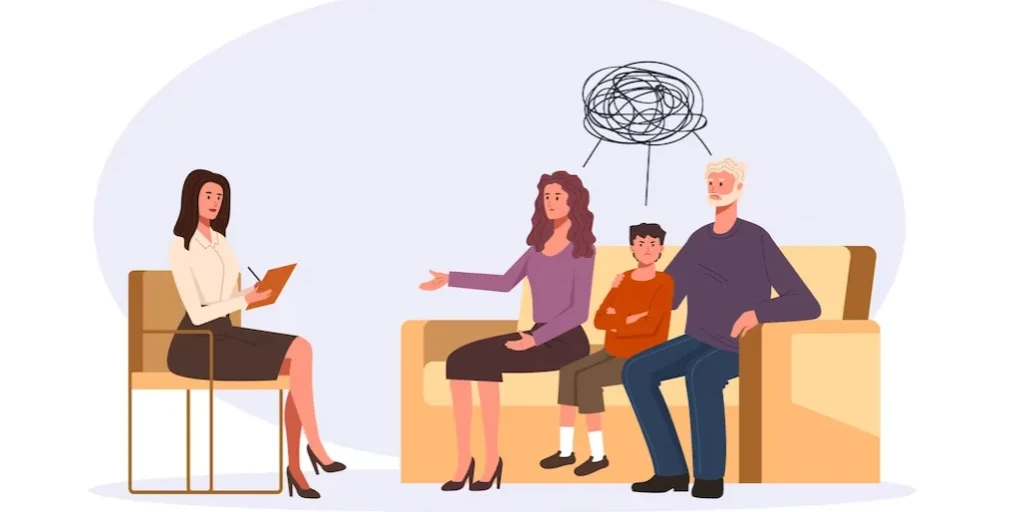24/7 Helpline:
(866) 899-111424/7 Helpline:
(866) 899-1114
Learn more about Eating Disorder Treatment centers in Edenton
Eating Disorder Treatment in Other Cities

Other Insurance Options

United Health Care

UMR

Cigna

CareSource

BlueShield

Sutter

Sliding scale payment assistance

Meritain

PHCS Network

Optum

Holman Group

Choice Care Network

Access to Recovery (ATR) Voucher

Ceridian

WellPoint

Excellus

Health Net

EmblemHealth

Highmark

Carleon

Albemarle Mental Health – Outpatient Facilities – Edenton
Albemarle Mental Health – Outpatient Facilities – Edenton is a private rehab located in Edenton, Nor...

Albemarle Mental Health Center – Edenton
Albemarle Mental Health Center – Edenton is a private rehab located in Edenton, North Carolina. Albe...



























